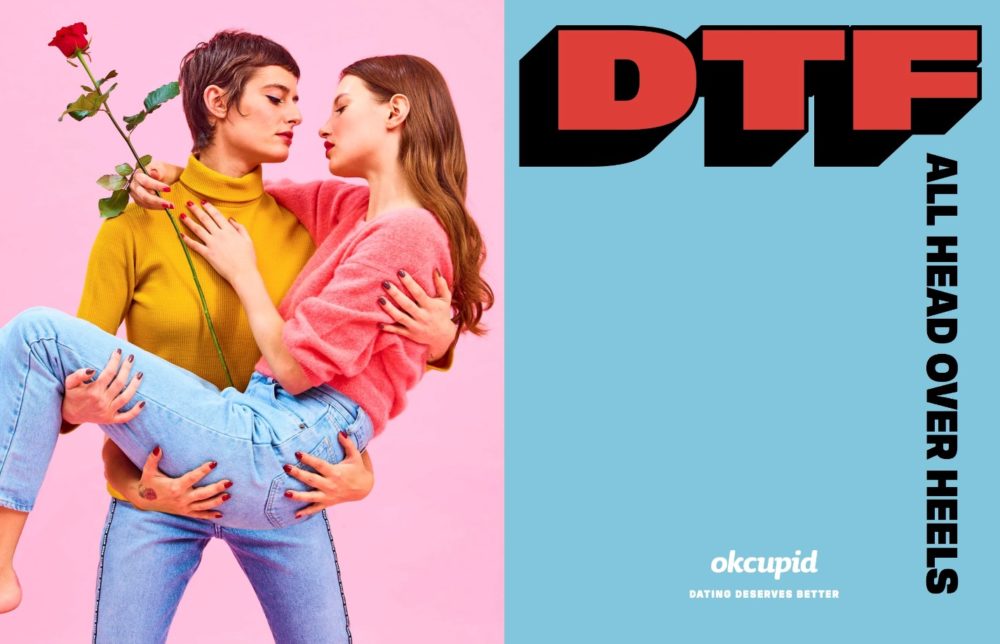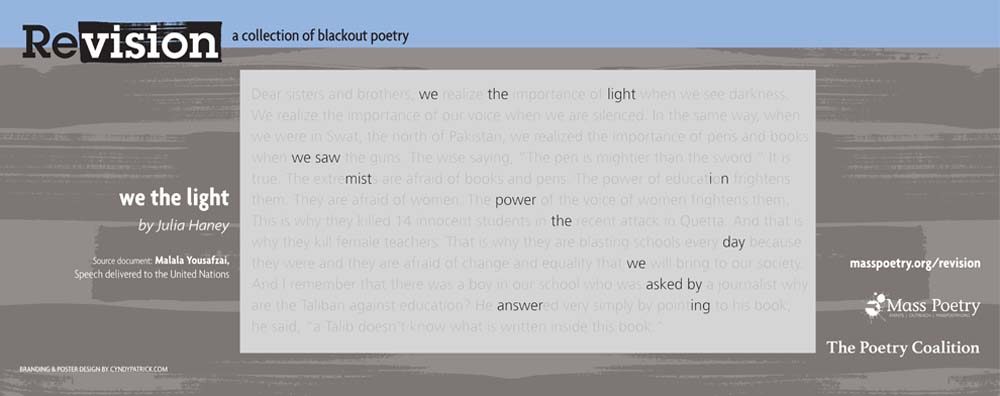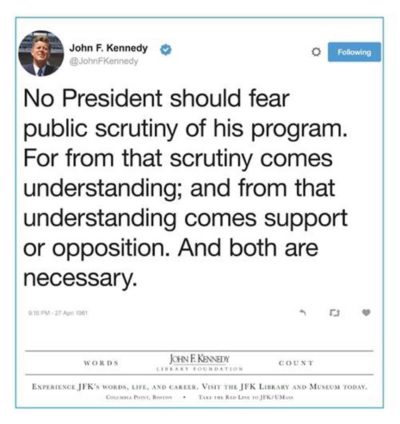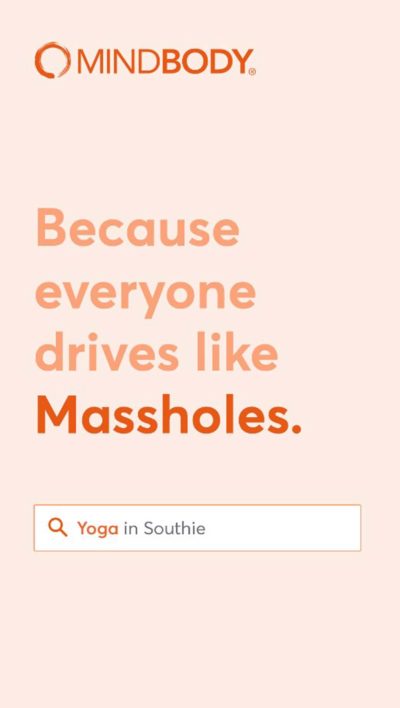Advertisement
Too Hot For The T? Here Are Some Of The Ads The MBTA Rejected
What do the JFK Library, online dating company OkCupid, a local poetry nonprofit and a book called "White Fragility" have in common?
They've all had advertisements rejected by the MBTA.
WBUR asked the T for rejected ads dating back to January 2018 after women's coworking space The Wing said the MBTA declined to display two of its ads. One said: “Want to mute the mansplainers and start your own conversation?” and the other said: “The world was built for men. The Wing is built for you.”
(Neither of those ads were part of the response WBUR received, because, a T attorney said, the ads were later resubmitted and approved.)
The T says its advertisement standards allow the transit agency to maximize revenue from ads, "while avoiding the identification of the MBTA with ads or the viewpoints of the advertisers." The guidelines say they also help the T maintain "a safe and welcoming environment" for all passengers, including children.
"The MBTA’s vehicles and stations constitute nonpublic forums that are subject to the viewpoint-neutral restrictions set forth in the guidelines," T spokesman Joe Pesaturo said in an email. "It is under this policy, and consistent with the First Amendment, that certain forms of advertising are not permitted for placement or display on or in MBTA vehicles and stations."
Pesaturo wouldn't comment on why individual ads were denied, only the broader policy.
As part of that policy, the T forbids advertising that includes profanity and a slew of topics, including smoking, firearms, violence, "prurient sexual suggestiveness" and adult goods and services.
Advertisement

Those standards seem to be why a collection of OkCupid ads were rejected. They play on the initialism "DTF,"a way to, ahem, signal sexual interest.
The transit system also wants to stay out of politics, banning political campaign speech, "political issues or matters of public debate" and endorsements.
That's likely why an ad from conservative group Turning Point USA proclaiming "SOCIALISM SUCKS" in the style of Sen. Bernie Sanders' campaign posters was rejected.
The ban on political content also includes less overtly partisan content.
The local nonprofit Mass Poetry submitted six posters with what's called "blackout poetry." Well-known documents, like Dr. Martin Luther King Jr.'s "Letter from Birmingham Jail," or Malala Yousafzai's speech to the United Nations, are used as the basis for poems, with words blacked out or highlighted to create new statements.

To Mass Poetry's surprise, the poems violated the prohibition on "political issues or matters of public debate," according to a response the organization says it received from the T.
An ad is not allowed that concerns "political issues or expresses or advocates an opinion, position or viewpoint on a matter of public debate about economic, political, moral, religious or social issues," the guidelines say.
The MBTA moved to ban advertising on political and social issues in 2015, after complaints about an ad about the Israeli-Palestinian conflict. At the time, groups like the ACLU said the ban was the "wrong direction for a free society," while others questioned whether it violated the First Amendment.
Mass Poetry's director, Daniel Johnson, said he was surprised that all the poems were rejected outright.
"It draws on political documents, but then that's creating an entirely new piece of art from them," he said. "The poem 'we the light,' I mean, to read that as something off-putting or offensive ... I don't know."
Johnson acknowledged the difficulty of the T's position, and said he wasn't sure whether to call it censorship, and not knowing whether station walls and sides of buses are public places.
"It's a tricky role to play," he said.
Now, instead of on subway cars, the poems will be displayed at kiosks around Greater Boston made by the company Soofa.

Then there's an ad from the JFK Library, purporting to be a tweet in 1961 from President Kennedy: "No President should fear public scrutiny of his program. For from that scrutiny comes understanding; and from that understanding comes support or opposition. And both are necessary."
The Kennedy Library declined to comment, but said that the T did accept other ads from the same campaign.
One of the broader prohibitions is content that "demeans or disparages an individual or group of individuals."
"For purposes of determining whether an advertisement contains such material, the MBTA will determine whether a reasonably prudent person, knowledgeable of the MBTA's ridership and using prevailing community standards, would believe that the advertisement contains material that ridicules or mocks, is abusive or hostile to, or debases the dignity or stature of, an individual or group of individuals," the guidelines state.
It was the title of sociologist Robin DiAngelo's book, "White Fragility," that was too controversial for the T. An ad for the book, which asks "GOT WHITE FRAGILITY?" was rejected last year because, she was told, the title might offend white people.

"I had to laugh because that is such a perfect example of white fragility," she said. "It really illustrates the very point that I'm making: White fragility shuts down a discussion about white fragility."
Her publisher at Boston-based Beacon Press, Helene Atwan, says it goes beyond irony; it's censorship.
"The idea that the title itself — which is, by the way, a phrase that has now been entered into ... the dictionary — is somehow offensive or inappropriate, it's ludicrous," she said. "It's really an outrageous instance of censorship that should never have been allowed to stand."
The MBTA has received criticism for ads before.
In 2012, for instance, Legal Seafoods' "fresh" fish campaign slung insults from the side of Green Line trolleys — some directed at the train conductors themselves. The T took them down. Legal Seafoods responded by putting banners that read "censored" over the offending ads.
Here are some of the other ads the MBTA rejected:



